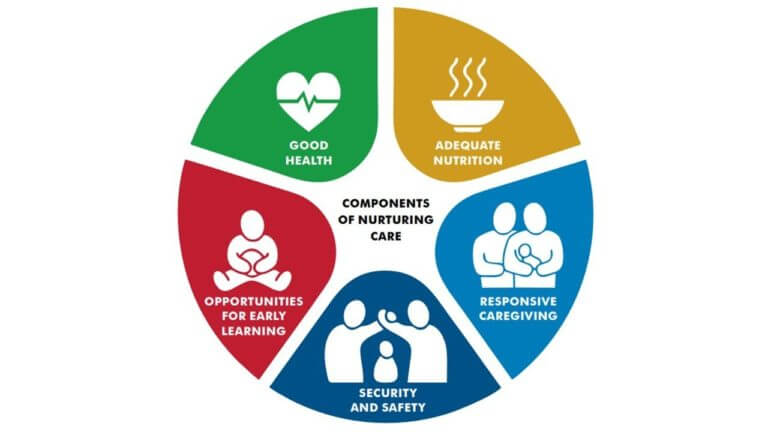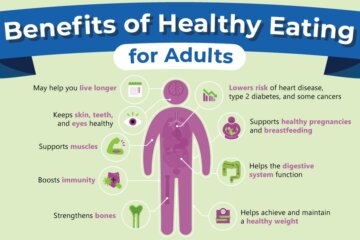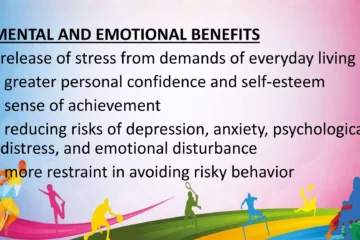“Why is Health Important in Early Childhood Education?”
Have you ever wondered how health shapes your child’s learning and growth during their earliest years? What your child eats, how often they rest, and their overall well-being play a huge role in their ability to learn and thrive.
When health is a priority in early childhood education, it sets the foundation for a stronger mind and body. Keep reading to discover why focusing on health now can make a world of difference in your child’s future success.
Link Between Health And Learning
Health plays a key role in how children learn and grow. A child’s body and brain need good care to work well. Healthy habits help children focus better in class. They also support strong memory and thinking skills. Early childhood education is a time when health and learning connect closely.
Strong health creates a solid base for learning new things. Children who eat well, move often, and sleep enough show better progress. Schools and parents must understand this link. Helping children stay healthy means helping them learn well.
Impact Of Nutrition On Cognitive Development
Good nutrition fuels the brain. Children need vitamins and minerals to grow brain cells. Protein and healthy fats help build brain structure. Poor nutrition can slow thinking and problem-solving skills. Balanced meals support better concentration and learning speed.
Iron, for example, is vital for memory and attention. Deficiency can cause tiredness and difficulty focusing. Early childhood is a key time for brain growth. Healthy food habits now create stronger minds for later.
Role Of Physical Activity In Brain Growth
Physical activity helps the brain grow and connect. Moving the body increases blood flow to the brain. This supports new brain cell formation and learning ability. Active play improves mood and reduces stress in children.
Exercise also helps children develop motor skills and coordination. These skills link to better reading and math performance. Regular movement breaks during the day boost attention and creativity.
Effects Of Sleep On Attention And Memory
Sleep is essential for a child’s brain to rest and recharge. During sleep, the brain stores new information. Lack of sleep leads to poor memory and attention problems. Children who sleep well show better learning and behavior.
Sleep also supports emotional regulation and problem-solving skills. Consistent sleep schedules help children feel alert and ready to learn. Early childhood educators should encourage good sleep habits.
Health’s Role In Emotional Well-being
Health plays a key role in a child’s emotional well-being. Good health helps children feel happy and calm. It supports their ability to handle feelings and stress. Early childhood education that focuses on health builds strong emotional foundations.
Children with strong health show more positive moods. They can enjoy learning and social activities better. Healthy habits also shape how children connect with others and deal with challenges.
Connection Between Physical Health And Mood
Physical health affects how a child feels emotionally. Proper nutrition and regular exercise boost energy and reduce tiredness. When children feel good physically, their mood tends to improve. Poor health can lead to irritability and sadness. Teachers and parents should watch for signs of health issues. Healthy bodies support happier minds.
Influence Of Healthy Habits On Social Skills
Healthy habits help children interact well with others. Good sleep and balanced meals increase focus and patience. Children who feel well are more likely to share and cooperate. They handle conflicts calmly and make friends easily. Teaching health routines supports strong social skills. These habits create a positive learning environment.
Managing Stress Through Healthy Routines
Healthy routines help children manage stress better. Regular sleep times and physical activity reduce anxiety. Simple habits like deep breathing or quiet time can calm emotions. A stable routine makes children feel safe and secure. Educators should include health practices that support emotional balance. Stress management starts with caring for the body.
Preventing Illnesses In Early Education
Preventing illnesses in early education is vital for children’s health and learning. Young children are more likely to catch and spread infections. Schools and daycare centers can be places where germs travel fast. Stopping illnesses early helps kids stay healthy and attend classes regularly. It also protects other children and staff from getting sick. Teachers and caregivers play a key role in maintaining a safe environment.
Common Childhood Diseases And Prevention
Children often catch colds, flu, and stomach bugs. These illnesses spread easily in groups. Some children also get chickenpox or hand, foot, and mouth disease. Knowing common diseases helps caregivers take action fast. Early detection and isolation can stop the spread. Teaching children simple habits like covering coughs reduces risks. Clean surfaces and toys regularly to lower germs. Keeping sick children at home prevents outbreaks.
Importance Of Hygiene Practices
Good hygiene is the first step to prevent illness. Washing hands with soap kills many germs. Children should wash hands before eating and after bathroom use. Clean clothes and tidy hair reduce dirt and bacteria. Teaching kids to avoid touching their faces helps. Using tissues and disposing of them properly matters. Sanitizing toys and play areas keeps germs low. Caregivers need to model and encourage these habits daily.
Vaccination And Its Benefits
Vaccines protect children from serious diseases like measles and mumps. They build strong immunity before illness strikes. Vaccination lowers the chance of outbreaks in schools. It also protects children who cannot get vaccines. Following recommended vaccination schedules is important. Schools often require proof of vaccination for enrollment. Vaccines keep children safe and communities healthier. Parents should consult healthcare providers for vaccine guidance.
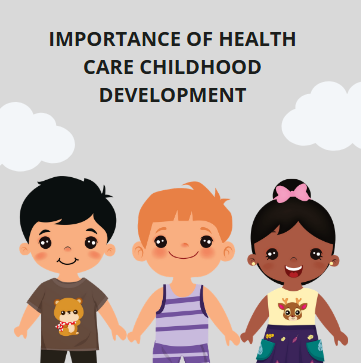
Credit: medium.com
Creating Healthy Learning Environments
Creating healthy learning environments is key in early childhood education. It helps children grow strong and learn better. A healthy space supports their physical and mental well-being. Teachers and caregivers play a big role in making these environments safe and welcoming.
Healthy spaces also reduce illness and keep children active. This way, children can focus on learning and playing happily every day.
Designing Safe And Clean Spaces
Safety starts with clean classrooms and play areas. Regular cleaning removes germs that cause sickness. Soft corners and child-friendly furniture prevent accidents and injuries. Clear walkways and proper lighting reduce trip risks. These steps create a calm and secure place for kids to explore.
Incorporating Physical Activities Daily
Physical activities help children stay healthy and focused. Simple exercises like jumping, running, and stretching improve muscles and coordination. Daily movement boosts mood and energy levels. Children learn better when they can move their bodies often during the day.
Promoting Healthy Eating Habits
Good nutrition fuels children’s growth and brain power. Offering fruits, vegetables, and whole grains builds strong bodies. Teaching kids about balanced meals encourages lifelong healthy choices. Mealtime routines also teach sharing and social skills.
Long-term Benefits Of Early Health Focus
Focusing on health during early childhood brings many long-term benefits. It shapes a child’s future well-being and success. Good habits started young often last a lifetime. Early health focus also lowers the risk of many diseases later. It helps children perform better in school and build strong social skills.
Building Lifelong Healthy Habits
Children learn routines by watching adults and practicing daily. Healthy eating, regular exercise, and hygiene become natural habits. These habits protect them from illness and support growth. Early practice makes it easier to keep habits as adults. Healthy habits reduce stress and improve mood too.
Reducing Future Health Risks
Early health focus can prevent obesity, diabetes, and heart disease. It also lowers chances of respiratory problems and infections. Teaching children about health helps them avoid harmful behaviors. Regular check-ups and vaccinations keep them safe. Early care leads to fewer medical problems later in life.
Enhancing Academic And Social Success
Healthy children have more energy and better concentration. They miss fewer school days due to illness. Good health supports brain development and learning skills. Children with strong health feel confident and make friends easily. Social skills and academic performance improve with good health habits.
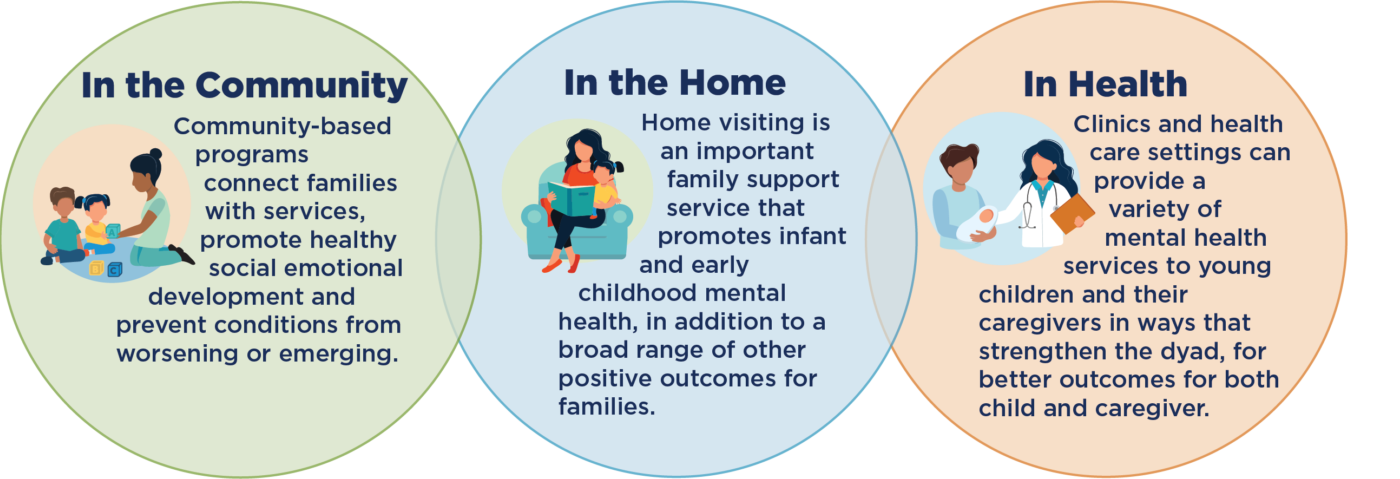
Credit: first5center.org
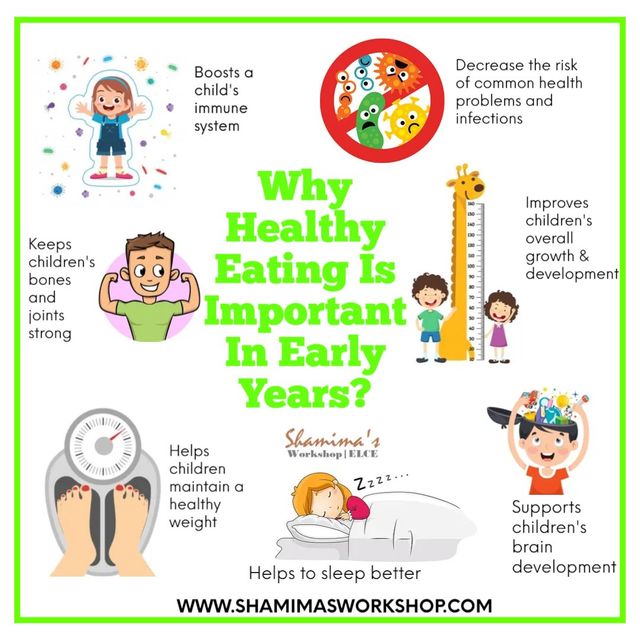
Credit: www.shamimasworkshop.com
Frequently Asked Questions
Why Is Health Crucial In Early Childhood Education?
Health ensures children have the energy and focus to learn effectively. Good health supports brain development and overall growth in early years. It also reduces absenteeism and promotes positive social interactions among children.
How Does Early Health Impact Learning Abilities?
Healthy children have better concentration, memory, and cognitive skills. Proper nutrition and physical activity enhance brain function. Illness or poor health can delay learning milestones and affect academic performance.
What Role Does Nutrition Play In Early Childhood Education?
Nutrition fuels brain development and physical growth. Balanced meals improve attention span and behavior in class. Malnutrition can lead to developmental delays and lower academic success.
How Does Physical Activity Benefit Young Learners?
Physical activity strengthens muscles, bones, and coordination. It boosts mood and reduces anxiety, improving classroom behavior. Active children tend to perform better in cognitive and social tasks.
Conclusion
Good health helps children learn and grow better every day. It builds strong bodies and sharp minds. Healthy habits in early years last a lifetime. Teachers and parents play a key role in this. Creating safe, clean, and active spaces supports young learners.
When children feel well, they join activities and make friends. Health in early education shapes their future success and happiness. Simple steps today protect their bright tomorrow. Every child deserves a healthy start to learning.

“As the voice behind Radiant Glow Health, we are dedicated to being your ultimate wellness and vitality companion. Our mission is to inspire and guide you on your journey to a healthier and more vibrant life. Join us as we explore holistic health practices and empower you to radiate wellness from within.”
